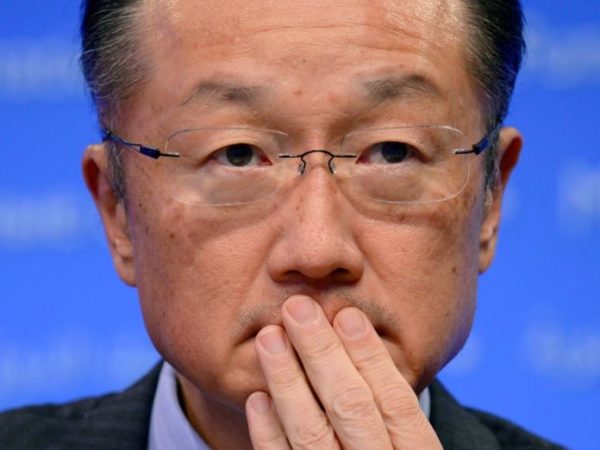The World Bank officially releases tomorrow mid-day Wednesday, its report Doing Business 2019, the sixteenth of its kind. Beyond the reference tool that it has become, the ranking faces a few years ago to many critics; and not least.
Launched in 2002, the Doing Business report has emerged in debates on economies – especially in Africa – as a unit of measure for the regulation of business and its effective application. In countries such as Togo, Burundi, Côte d’Ivoire, Guinea and Congo, cells have even been set up by the rulers to monitor the progress of the reforms.
In approximately 190 countries, the paper analyzes SMEs at the national level and provides detailed subnational reports covering the same areas of business regulation as well as reforms implemented in different cities and regions of the same economy. after the publishers.
“These reports provide data on the ease of doing business, rank each community and recommend reforms to improve performance in each of the areas studied. Selected cities can compare their business regulations with other cities in the economy or region, and with the 190 economies ranked by Doing Business, “they say.
But the credibility of the report, the first edition of which was published on five sets of indicators in 133 countries, was tainted when ways were found to criticize it. In its 2014 edition, it is the Senegalese Macky Sall who has indicated, and officially, that it does not reflect the reality of the progress made by his country ranked at the 178th position.
Shortly after, Paul Romer, Chief Economist of the World Bank, resigned after his criticism against the ranking. He denounced, in particular, sometimes political considerations that would have motivated him, based on the case of Chile. But Doing Business whose publication had been criticized in May 2013 by China and India highlights changes in methodology.
In Washington, the headquarters of the World Bank, it is reported that savings are ranked from 1 to 190 in relation to ease of doing business. A higher score indicates a more favorable business regulatory environment for the creation and development of local businesses.
“Ranking is determined by aggregated border distance scores against the 10 Doing Business Themes, which are themselves sub-indicators. The weighting by indicator is the same, “explains the previous classification.



